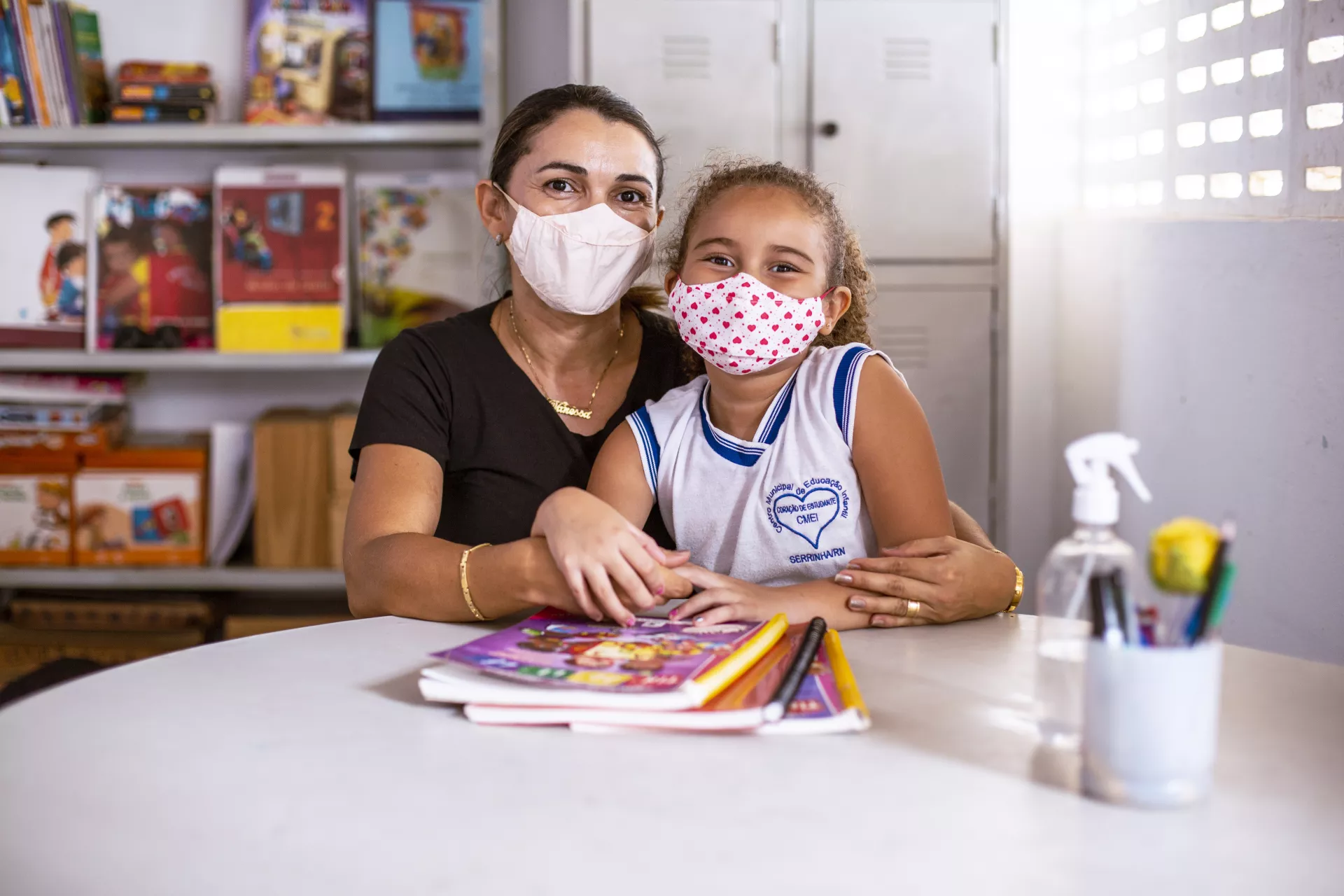Why build a child friendly city?
How does a city justify making children a priority?

How does a city justify making children a priority?
First, because it is a legal obligation: under the UN Convention on the Rights of the Child, States, and by extension local governments, have an obligation under international law to ensure that the child’s best interests are a primary consideration in all actions concerning children. Beyond the legal imperative, there are other compelling reasons to put children first.
Children are individuals. Children are neither the possessions of parents nor of the state, nor are they mere people-in-the-making; they have equal status as members of the human family.
Children start life as totally dependent beings. Children are neither the possessions of parents nor of the state, nor are they mere people-in-the-making; they have equal status as members of the human family.
The actions, or inactions, of government impact children more strongly than any other group in society. Practically every area of government policy (for example, education, public health and so on) affects children to some degree. Short-sighted policy-making that fails to take children into account has a negative impact on the future of all members of society by giving rise to policies that cannot work.
Children’s views are rarely heard and rarely considered in the political process. Children generally do not vote and do not otherwise take part in political processes. Without special attention to the opinions of children—as expressed at home and in schools, in local communities and even in governments—children’s views go unheard on the many important issues that affect them now or will affect them in the future.
Many changes in society are having a disproportionate, and often negative, impact on children. Transformation of the family structure, globalization, climate change, urbanization, shifting employment patterns and a shrinking social welfare net in many countries all have strong impacts on children.
The healthy development of children is crucial to the future well-being of any society. Because they are still developing, children are especially vulnerable—more so than adults—to poor living conditions such as poverty, inadequate health care, nutrition, safe water, housing and environmental pollution. The effects of disease, malnutrition and poverty threaten the future of children and therefore the future of the societies in which they live.
The costs to society of failing its children are huge. Social research findings show that children’s earliest experiences significantly influence their future development. The course of their development determines their contribution, or cost, to society over the course of their lives.




